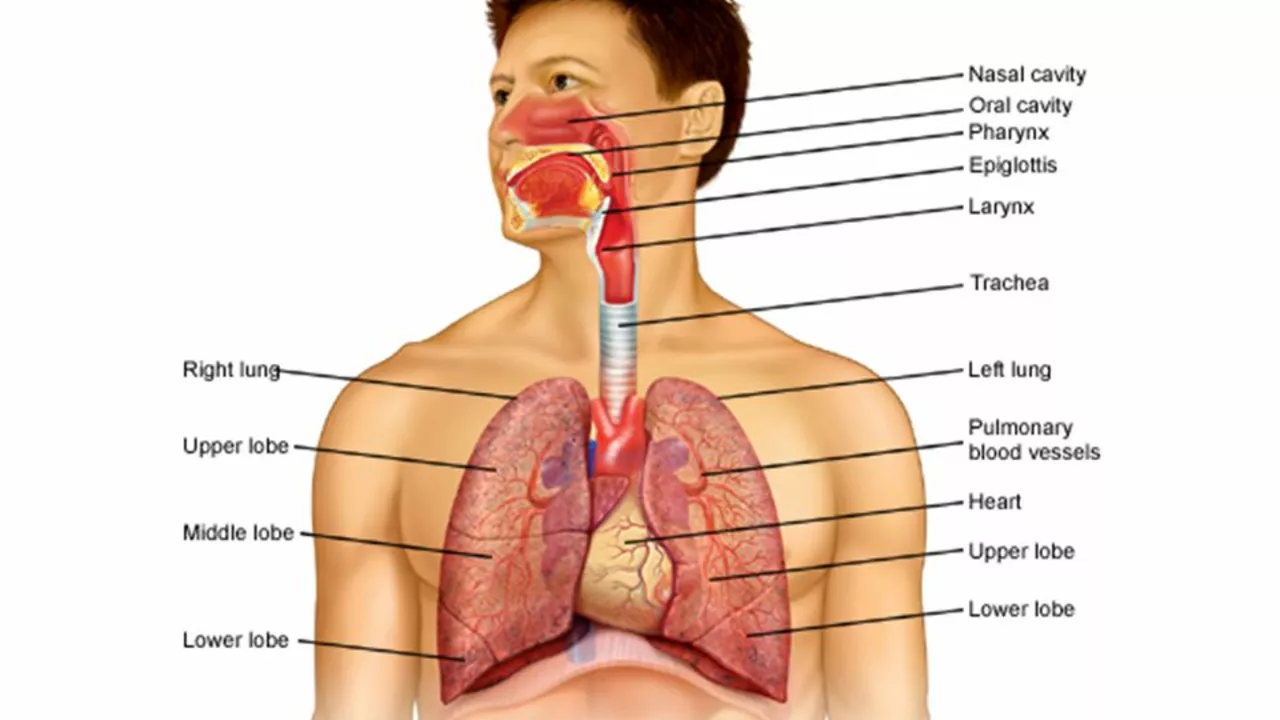Chest Congestion: Straightforward Relief Tips and Medication Know-How
Dealing with chest congestion can slow down your whole day. That heavy, tight feeling in your chest isn’t just annoying—it makes it tough to breathe, sleep, or even focus. Most of us want a quick way to feel better, but it’s easy to get lost in all the conflicting advice online. So, what actually works for clearing up chest congestion fast?
First, it helps to know what’s causing that stuffed-up feeling. Usually, chest congestion happens when excess mucus lines your airways. The most common triggers? Colds, the flu, bronchitis, allergies, and sometimes underlying problems like asthma or pneumonia. If you’re constantly battling thick, stubborn mucus or a deep chesty cough, don’t ignore it—especially if you have trouble breathing, feel sharp pains, or run a high fever. That’s when you need to check in with a doctor, not just reach for over-the-counter stuff.
For run-of-the-mill congestion from a cold or flu, there are a few practical steps you can try at home. Steam can loosen up mucus—think a hot shower or a bowl of steamy water with your head covered by a towel (but be careful, don’t burn yourself). Staying hydrated is key. Warm drinks like herbal tea or plain water can thin mucus, making it easier to cough up. If dry air is a problem, especially in winter, try a humidifier.
Medications have a role, but not every option fits every person. Expectorants (like guaifenesin, found in popular brands at any pharmacy) help thin and loosen mucus. They don’t work overnight, but they help your cough do its job. Decongestants can decrease swelling in your airways, easing that chest pressure—just be mindful if you have high blood pressure or heart issues. Check with a pharmacist or your doctor before mixing and matching meds, especially if you’re taking other prescriptions.
If you want to buy medication online, only trust pharmacies with a strong reputation and real licenses. Stick to sites that require a prescription for stronger meds—if it’s too easy, that’s a red flag. Sites like BMPHARMACY.COM keep you in the loop about medication safety, fakes, delivery risks, and what to look out for. They can also break down which drugs are suited to your symptoms and when it’s safer to just see a healthcare provider in person.
Chest congestion can come with a weird variety of sidekicks—think post-nasal drip, sore throat, or even ear pain. If symptoms drag on for over a week, or start getting worse, don’t just double up on the cough syrup. Things like prochlorperazine, for example, aren’t meant for chest congestion but might be mentioned in online shops—always check the real use.
It’s tempting to try every trendy remedy you read about, but simple routines work best: fluids, steam, and proven medications when needed. Trust your gut on when something feels wrong. If you’re ever unsure about a treatment—or even if that online pharmacy is legit—ask for real help. Your lungs will thank you for not toughing it out alone.
The Benefits of Breathing Exercises for Chest Congestion
After exploring the benefits of breathing exercises for chest congestion, I've found that they're a natural and effective way to alleviate discomfort. These exercises can help loosen mucus, improve lung capacity, and enhance overall respiratory health. They are easy to perform and can be done anywhere, making them an accessible solution for many. Plus, they're a holistic approach to health that can provide relief without side effects. Bottom line, if you're dealing with chest congestion, breathing exercises could be a great addition to your routine.
